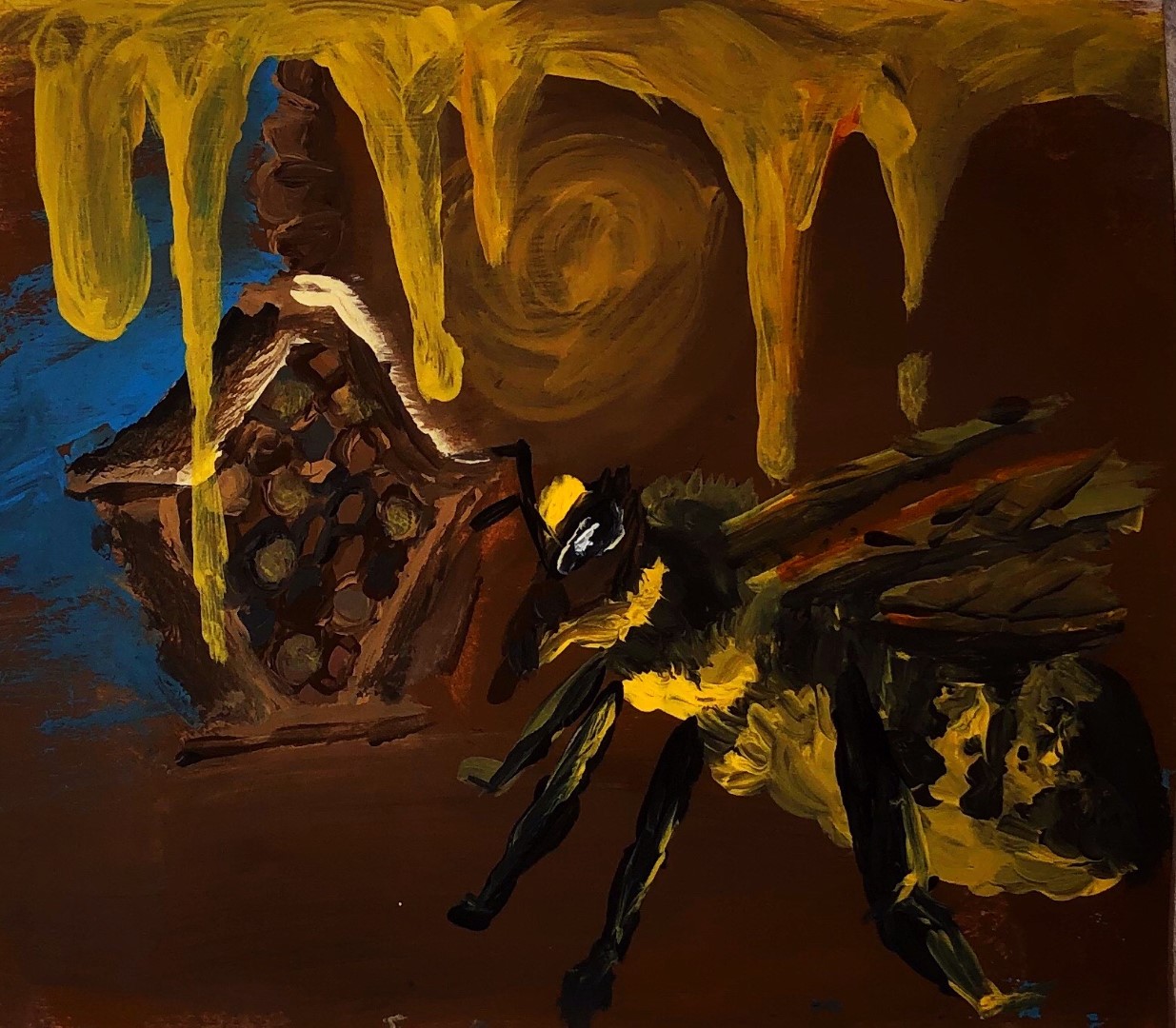
Get to know more about the workshops happening at Douglas College Coquitlam’s Sol Garden
By EG Manilag, Staff Writer
Sol Garden is considered home for many insects, bugs, native plants, native bees, and even bats! There’s a lot more to be discovered in the garden. So, want to know more about the garden? The Other Press has got you covered. We interviewed Dr. Robert McGregor, the coordinator of the Institute of Urban Ecology (IUE), to give you some highlights about the workshops.
Other Press: What kind of workshops are hosted in the Sol Garden? What other workshops do you have planned?
Dr. Robert McGregor: “The Sol Garden is the Sustainability Outreach and Learning Garden. It is meant to be a demonstration garden for the UNIBUG program (User Network for Insect Biology in the Urban Garden), although we are interested in broader issues of sustainability in urban gardens.”
“Our workshops cover many topics related to gardens and urban ecology including making seed paper, building bat houses, making bee houses for native bees like mason bees, making herbal teas from your garden, learning about plants used by local aboriginal peoples, planting your garden to attract pollinators, and biological control of insect pests. So, the workshops are very diverse. The workshops are held at the Sol Garden (except in winter) and happen usually on the third Thursday of each month. The workshops are free of charge and anyone is welcome to attend—both the college community or the general public.”
“Our next workshop on April 16 will involve participants building their own bee houses that they can take them home and install it in their gardens.”
OP: Why do you think it’s important to host these workshops?
DRM: “Our mandate is to engage and educate the public about issues in urban ecology. Our focus for a few years has been on teaching people about beneficial insects in urban gardens. Some of those insects are predators and parasitoids that feed on garden pests. Those insects reduce the need to use chemical insecticides to control pest problems. We have also worked to help members of the public attract more native pollinators like mason bees and bumblebees into their gardens to increase pollination of crops. Increases in the populations of both of these groups of insects can contribute to sustainability in urban gardens.”
OP: Is there anything about urban sustainability you wish more people knew?
DRM: “I am fascinated by insects and how they provide ecosystem services like pest management and pollination. I wish more people were aware of the contributions that beneficial insects make to food production in urban gardens and also in commercial agriculture.”
OP: Can students volunteer for these workshops?
DRM: “Any students are welcome to attend our
monthly workshops at the Sol Garden. We also welcome students and other members
of the College community who want to volunteer to work in the Garden. There
will be lots to do starting this spring. More information on volunteering is
available at our workshops.”

